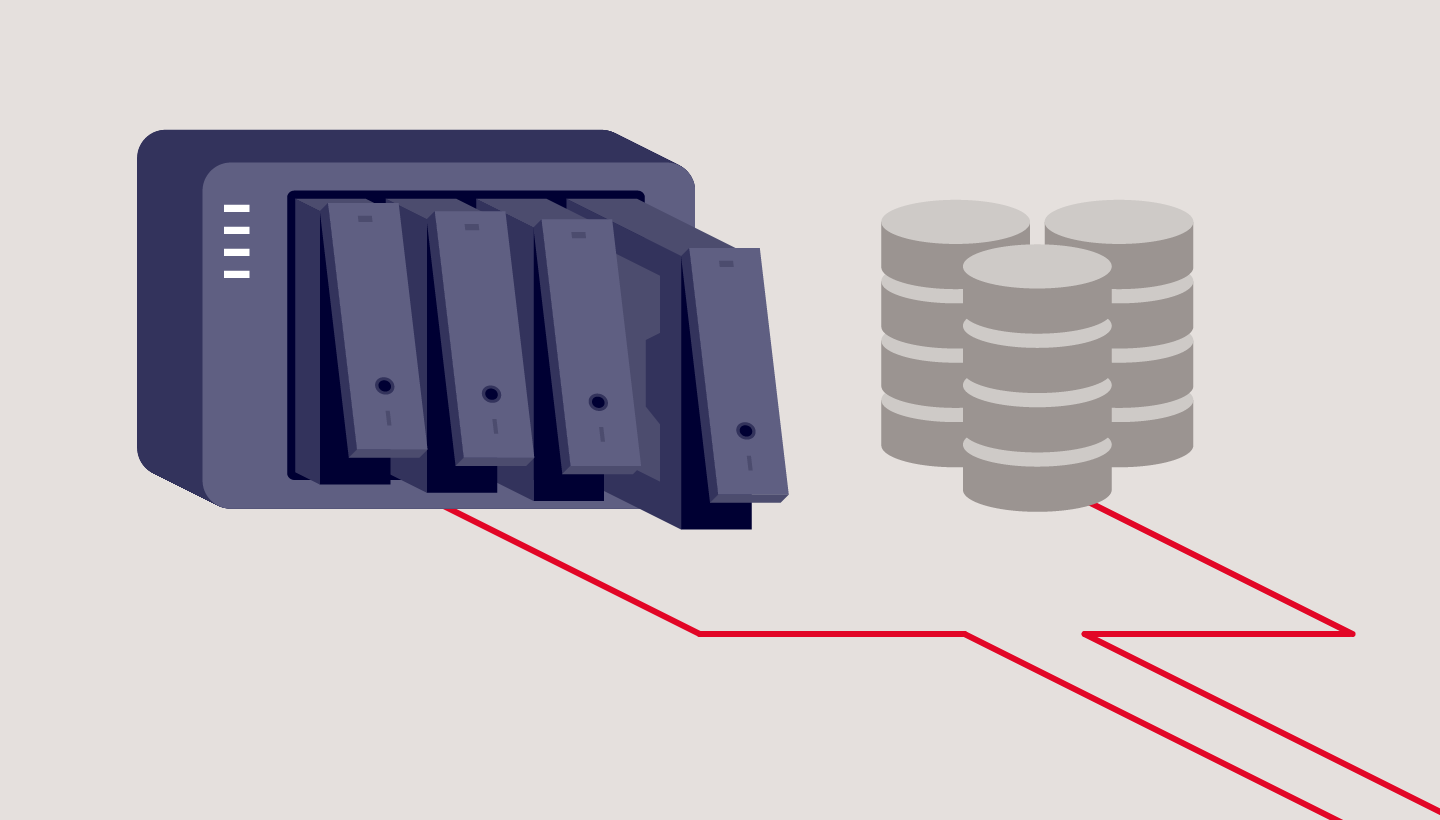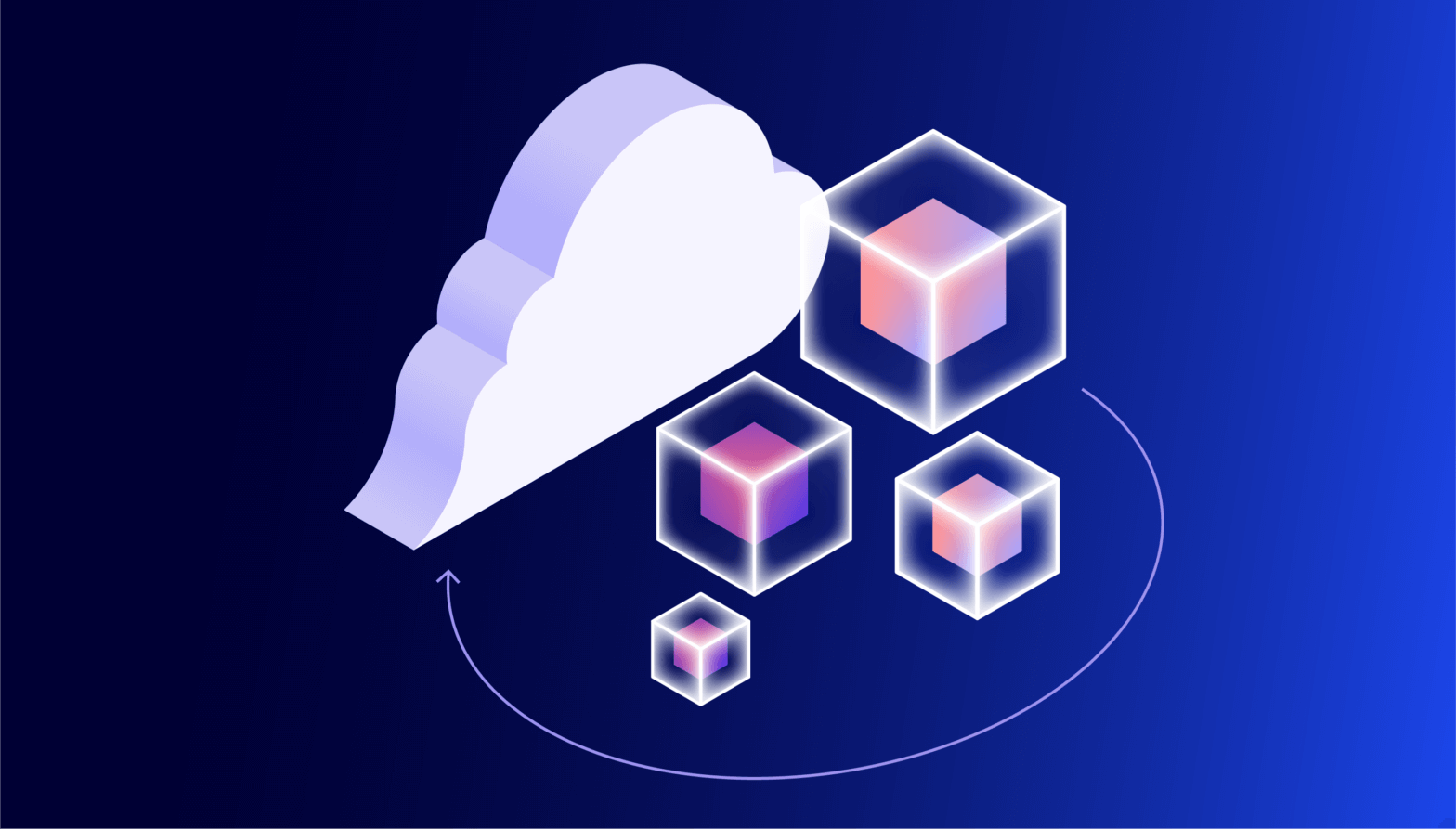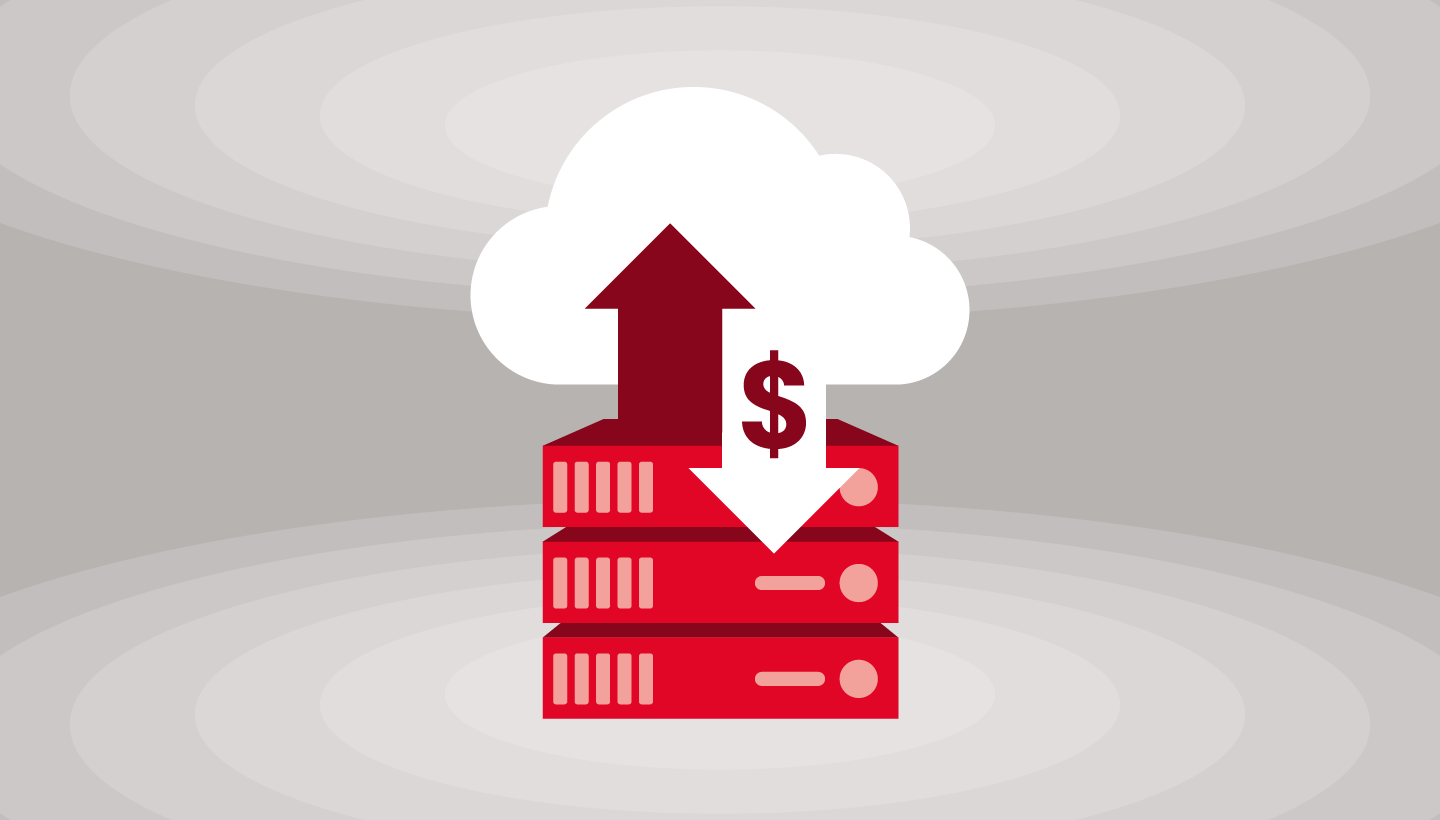It seems like only yesterday that we crossed the 350 petabyte mark. It was actually June 2017, but boy have we been growing since. In October 2017 we crossed 400 petabytes. Today, we’re proud to announce we’ve crossed the 500 petabyte mark. That’s a very healthy clip, see for yourself!
Whether you have 50 GB, 500 GB or are just an avid blog reader, thank you for being on this incredible journey with us through the years.
…we’re literally moving at 1,000,000 files per hour.
We’re extremely proud of our track record. Throughout these 11 years we’ve striven to be the simplest, fastest, and most affordable online backup (and now cloud storage) solution available. We’re not just focusing on data ingress, but also adhering to our original goal of making sure that “no one ever loses data again.” How quickly are we restoring data? On average, we’re literally moving at 1,000,000 files per hour.
Even after all these years, one of the most frequent questions asked is, “How has Backblaze maintained such affordable pricing, particularly when the industry continues to move away from unlimited data plans?”
The cloud storage industry is very competitive, with cloud sync, storage, and backup providers leaving the unlimited market every single day: OneDrive, Amazon Cloud Storage, and most recently CrashPlan. Other providers either have tiered pricing (iDrive), or charge almost double or even triple for all the features we provide for our unlimited backup service (Carbonite). So how do we do it?
The answer comes down to our relentless pursuit of lowering costs. Our open-source Backblaze Storage Pods comprise our Backblaze Vaults, and the less expensive and more performant our Storage Pods are, the better the service that we can provide. This all directly translates into the service and pricing we can offer you.
A key part of our service is to be as open as possible with our costs and structure. After all, you are entrusting us with some of your most valuable assets. Still, it is very difficult to find an apples to apples comparison to what our competitors are doing. For example, we can gain some insight from a 2011 interview with Carbonite’s CEO, who gave an interview in which he said Carbonite’s cost of storing a petabyte was $250,000. At the time, our cost to store a petabyte was $76,481 (more on that calculation can be found here and here). If Backblaze’s fundamental cost to store data is one-third that of Carbonite’s, it makes sense that Carbonite’s cost to its customers would be more than Backblaze’s. Today, Backblaze backup is $50/year and Carbonite’s equivalent service is $149.99.
Our continued focus on reducing costs has allowed us to maintain a healthy business. And after accepting customer data for almost 10 years, we sincerely want to thank you all for giving us your trust, and allowing us to protect your important data and memories for you. Here’s to the next 500 petabytes; they’ll be here before we know it.
Update 2/5/18
Since publishing this post, we have posted the latest in our series of Hard Drive Stats, in which we summarize the performance of the hard drives we used in our data centers in 2017 and previously.






